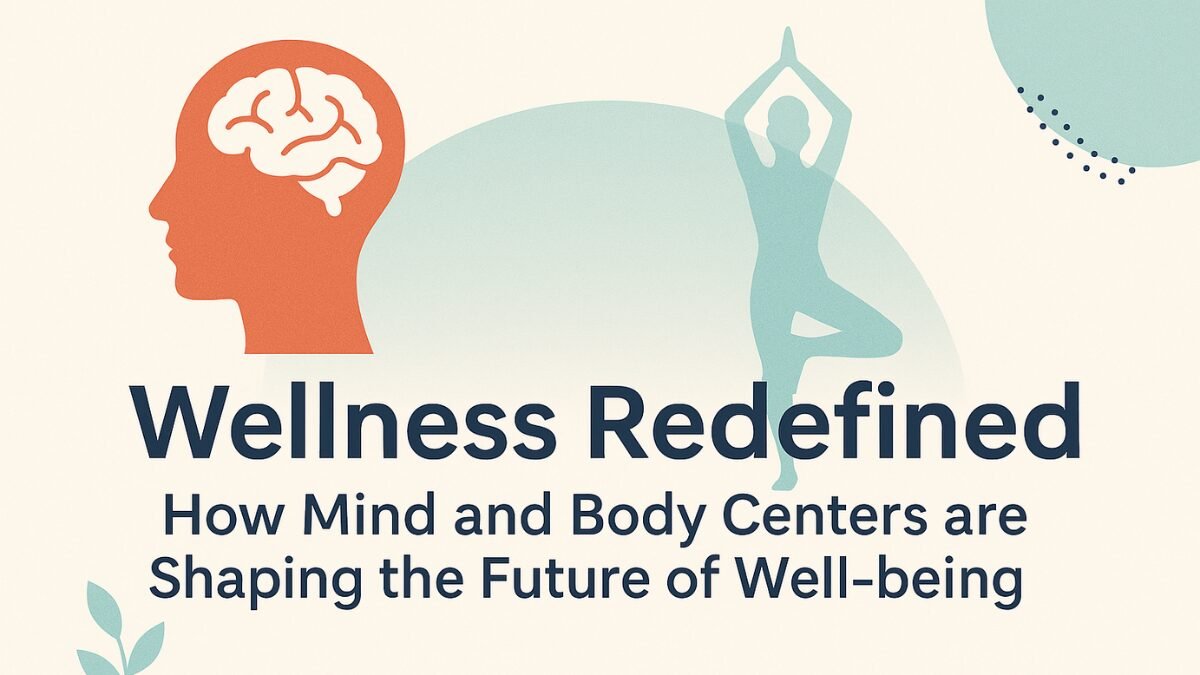Explore the rich landscape of classical and contemporary questions in philosophy. Understand key debates, themes, and shifts from ancient to modern philosophy in this in-depth guide.
Introduction
Philosophy has always been a cornerstone of human inquiry. From ancient times to the modern era, humans have grappled with deep and sometimes unanswerable questions about life, reality, ethics, knowledge, and existence. These questions, often grouped as classical and contemporary questions in philosophy, reflect the evolving concerns of societies over time.
This article explores how these philosophical questions have changed, what remains consistent, and how they continue to shape our understanding of the world. Whether you’re a student, a curious thinker, or someone interested in intellectual history, understanding this evolution helps you appreciate the foundations and frontiers of human thought.
What Are Classical Questions in Philosophy?
Classical questions in philosophy refer to the issues and inquiries that occupied the minds of early thinkers, particularly in Ancient Greece, India, and China. These foundational questions laid the groundwork for centuries of philosophical development.

Key Classical Themes
Some of the most significant classical questions include:
- What is the nature of reality? – Explored by Plato, Aristotle, and Indian Vedanta thinkers, this question sought to understand what exists and how.
- What is knowledge, and how do we obtain it? – Epistemology, or the theory of knowledge, was central to Socratic and Platonic philosophy.
- What is the right way to live? – Ethics and virtue were central concerns for philosophers like Confucius, Aristotle, and the Stoics.
- What is the role of reason in human life? – The Greeks emphasized rationality as the defining trait of humanity.
These questions were often metaphysical, ethical, and epistemological, forming the bedrock of Western and Eastern philosophical traditions.
Transitioning to Contemporary Philosophy
As the world evolved, so did philosophy. The Enlightenment period in Europe marked a significant shift toward empirical evidence, scientific reasoning, and political philosophy. From the 19th century onward, contemporary questions in philosophy started addressing new realities, including technological change, cultural diversity, and postmodern skepticism.
Core Themes of Contemporary Philosophy
Contemporary philosophy diverges in many ways from its classical counterpart:
- Language and Meaning: Philosophers like Ludwig Wittgenstein and Noam Chomsky explored how language shapes our understanding of the world.
- Existentialism and Subjectivity: Thinkers such as Sartre, Camus, and Kierkegaard focused on human freedom, authenticity, and the absurdity of life.
- Social Justice and Identity: Contemporary ethics now includes discussions around race, gender, and systemic oppression.
- Mind and Artificial Intelligence: Modern philosophers ask whether machines can think and how consciousness arises.
- Environmental Ethics: With climate change, philosophy has extended into ecology and sustainability.
These questions reflect a broader, more inclusive view of philosophy that engages with current scientific, social, and technological issues.
Comparing Classical and Contemporary Questions in Philosophy
| Aspect | Classical Philosophy | Contemporary Philosophy |
|---|---|---|
| Focus | Metaphysics, Ethics, Epistemology | Language, Identity, AI, Environmental Ethics |
| Key Thinkers | Plato, Aristotle, Confucius, Socrates | Foucault, Derrida, Rawls, Singer, Chalmers |
| Methodology | Rational Argumentation, Dialectics | Analytic Logic, Phenomenology, Deconstruction |
| Social Context | Pre-modern Societies, Monarchies | Modern Democracies, Globalization, Digital Era |
| Ethical Concerns | Virtue, Justice, Duty | Equity, Rights, Intersectionality |
As seen above, the classical and contemporary questions in philosophy often overlap but differ in context, scope, and depth. For example, both traditions ask what it means to live well, but contemporary thinkers may frame this around economic inequality or mental health.
The Importance of Revisiting Classical Ideas
Despite modern advancements, classical philosophy remains profoundly relevant. Ideas from Plato’s Republic about justice or Confucius’ teachings on harmony still inform modern debates. Ethical dilemmas such as euthanasia, privacy, or artificial intelligence benefit from grounding in classical moral theory.
Moreover, classical texts often offer a method of thinking – logical reasoning, critical dialogue, and introspection – that helps address today’s complexities. The Socratic method, for example, is still widely used in law, education, and counseling.
The Relevance of Contemporary Philosophy Today
Today’s world faces challenges that classical philosophers could not have imagined. From genetic editing to social media ethics, the pace of change demands agile philosophical responses. Contemporary thinkers help us grapple with:
- Surveillance and privacy
- Climate responsibility
- Artificial intelligence and consciousness
- Cultural relativism vs. universal values
In this way, contemporary philosophy is not only academic but practical. It enters classrooms, boardrooms, legal systems, and daily life decisions.
Bridging the Gap Between Classical and Contemporary Thought
A productive approach to philosophy involves dialogue between the classical and the modern. For example:
- Aristotle’s idea of virtue can inform modern positive psychology.
- Kant’s deontology plays a role in debates about AI ethics.
- Eastern philosophies like Buddhism influence mindfulness practices today.
Thus, classical and contemporary questions in philosophy are not isolated but interconnected. They reflect an evolving conversation across centuries, cultures, and disciplines.
Case Study: Ethics in Technology
To illustrate this connection, let’s consider a current issue: Ethics in Artificial Intelligence.

- Classical Viewpoint: A philosopher like Aristotle would ask what virtues a good AI system should embody – honesty, fairness, perhaps moderation.
- Contemporary Viewpoint: Philosophers like Nick Bostrom focus on the risks of superintelligent machines, ethical programming, and long-term outcomes for humanity.
By combining both perspectives, we can craft a more robust ethical framework for emerging technologies.
Frequently Asked Questions
- What distinguishes classical philosophy from contemporary philosophy?
Classical philosophy focuses on metaphysical and ethical questions rooted in ancient societies, while contemporary philosophy addresses modern issues such as technology, identity, and social justice. - Can classical philosophical ideas still apply in today’s world?
Yes, classical ideas like justice, virtue, and reason still inform modern ethical, legal, and political frameworks. - What are examples of contemporary philosophical questions?
Questions such as “Can AI have consciousness?” or “What is gender identity?” are central to contemporary debates. - Is there a single correct philosophical approach?
Philosophy values diverse approaches, from analytical to existential, making pluralism a strength rather than a flaw. - How do Eastern classical philosophies differ from Western ones?
Eastern philosophies often emphasize harmony, cycles, and collective well-being, whereas Western traditions lean more toward logic, dualism, and individual ethics. - What role does philosophy play in modern science?
Philosophers explore the foundations, methods, and ethics of science, contributing to debates in physics, biology, and technology. - Are contemporary philosophical debates accessible to non-experts?
Many modern philosophers write in accessible language, and platforms like TED Talks and podcasts help spread these ideas widely. - How has philosophy influenced modern politics?
Ideas from Locke, Rousseau, and Marx continue to shape democratic institutions, rights, and economic systems. - Is postmodernism part of contemporary philosophy?
Yes, postmodernism challenges grand narratives and embraces complexity, playing a significant role in contemporary thought. - What books are recommended for beginners in classical and contemporary philosophy?
Start with Plato’s The Republic, Descartes’ Meditations, Sartre’s Existentialism is a Humanism, and Peter Singer’s Practical Ethics.
Conclusion
Philosophy is not a static subject locked in ancient scrolls or academic debates. It is a living discipline that grows and adapts with time. Classical and contemporary questions in philosophy form a continuum of inquiry that helps humanity navigate the past, understand the present, and prepare for the future.
By appreciating the enduring relevance of classical questions and embracing the urgency of contemporary ones, we gain a richer understanding of what it means to live thoughtfully and ethically in today’s complex world.
Whether pondering the essence of justice with Plato or evaluating AI’s moral compass with today’s ethicists, philosophy remains a vital compass for the curious mind.
also read:https://comfortglobalhealths.com/a-comprehensive-guide-to-ethical-theories-throughout-history/










